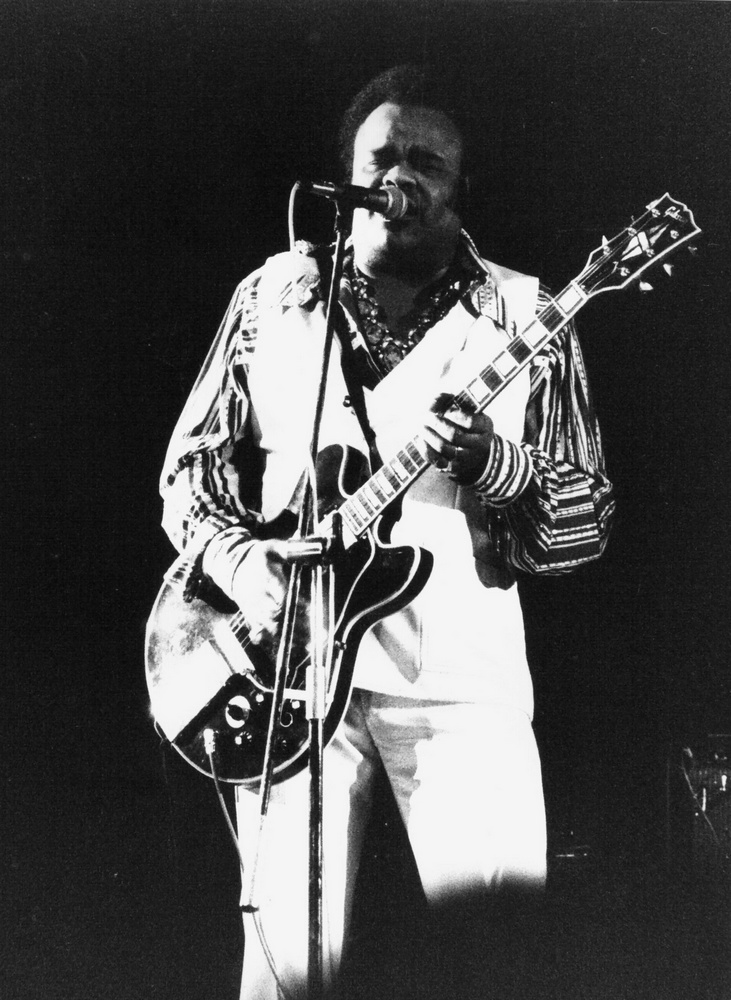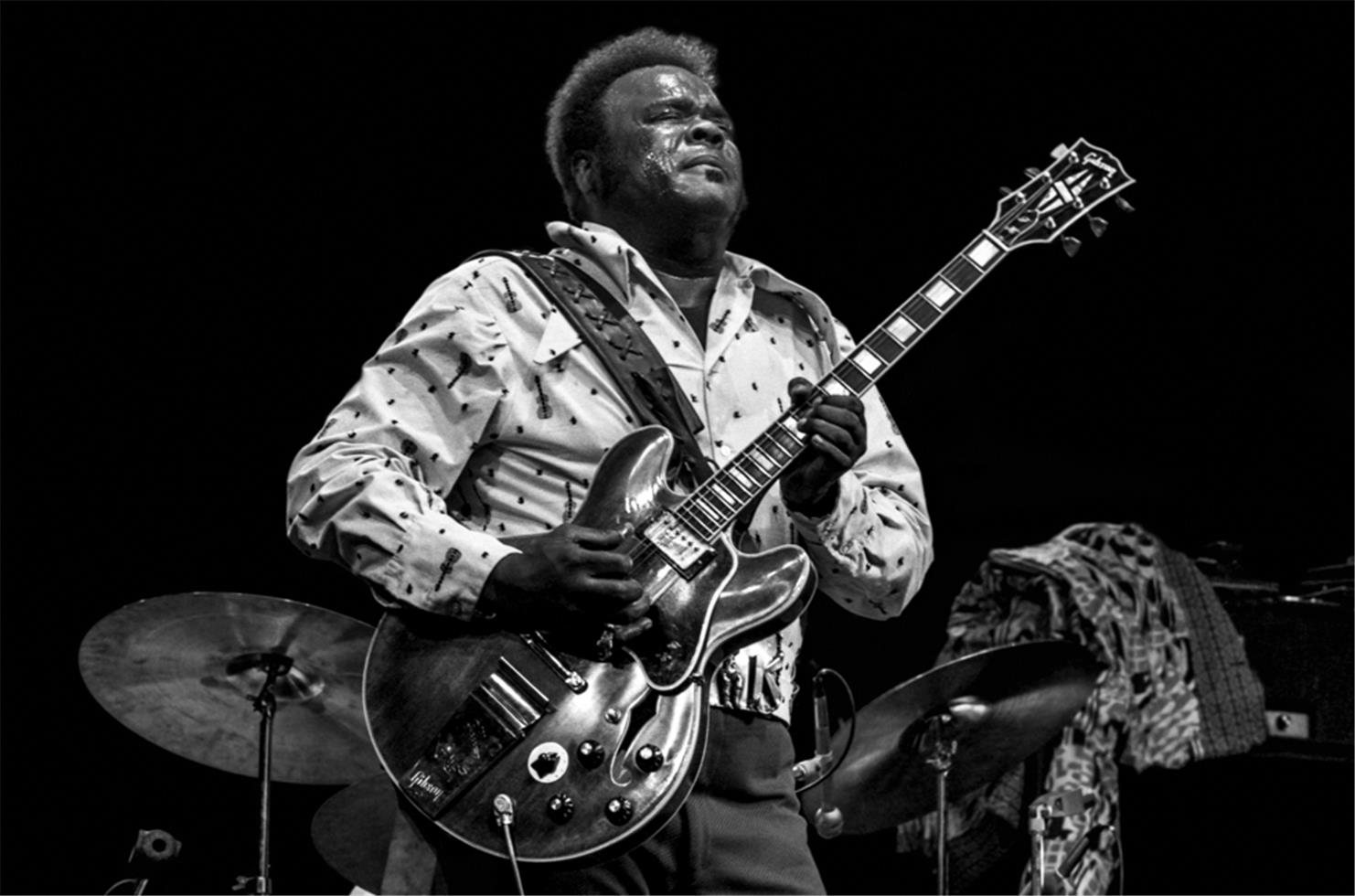Freddie King, known as “The Texas Cannonball,” was one of the most influential blues guitarists of all time. His dynamic style bridged the gap between Texas and Chicago blues, combining scorching guitar solos with a soulful voice that resonated with listeners around the world. King’s unique approach to the guitar left an indelible mark on the blues genre and inspired countless musicians who came after him, including Eric Clapton, Stevie Ray Vaughan, and many more. In this article, we’ll explore Freddie King’s five best compositions, highlighting the music that solidified his legacy as a blues icon.
1. “Hide Away”
One of Freddie King’s most famous compositions, “Hide Away” is an instrumental blues track that became a blues standard. Released in 1961 on the album Let’s Hide Away and Dance Away, it showcases King’s innovative use of both rhythm and lead guitar in a single song. The track blends King’s Texas and Chicago blues roots, with its memorable melody and infectious groove. “Hide Away” quickly became a go-to jam for blues guitarists and remains a must-learn piece for anyone exploring electric blues.
2. “The Stumble”
Freddie King’s “The Stumble” is another instrumental masterpiece that highlights his virtuosity on the guitar. Released on the same album as “Hide Away,” this high-energy track is a showcase of King’s impeccable technique and fluid phrasing. “The Stumble” is particularly known for its fast-paced licks and syncopated rhythms, which helped establish King as a guitarist capable of pushing the boundaries of the blues. The song continues to be a staple in blues guitar playing and has been covered by numerous artists, including Peter Green and Stevie Ray Vaughan.
3. “Have You Ever Loved a Woman”
Freddie King’s emotional depth comes to the forefront in “Have You Ever Loved a Woman,” a heart-wrenching blues ballad that delves into themes of love and heartbreak. This song, featured on his album Freddie King Sings, allows King’s soulful voice to take center stage, complemented by his expressive guitar playing. The slow, mournful pace of the song, coupled with the powerful lyrics, creates a visceral listening experience. King’s performance in “Have You Ever Loved a Woman” captures the essence of the blues and solidified his reputation as not just a phenomenal guitarist but also a compelling vocalist.
4. “I’m Tore Down”
“I’m Tore Down” is a classic Freddie King composition that embodies the spirit of Chicago blues. Released in 1961, this upbeat, driving track became a favorite among blues fans and guitarists alike. The song’s catchy shuffle rhythm, combined with King’s dynamic vocal delivery and razor-sharp guitar work, makes “I’m Tore Down” one of his most memorable songs. It was later covered by Eric Clapton, further cementing its status as a blues staple. The track perfectly encapsulates King’s ability to blend emotional intensity with technical brilliance.
5. “Going Down”
“Going Down,” released in 1971, is one of Freddie King’s most recognized songs, marking his foray into more rock-oriented blues. The song’s powerful, riff-driven structure and King’s gritty vocals made it a favorite among both blues and rock audiences. Written by Don Nix and recorded on King’s album Getting Ready, “Going Down” became an anthem of sorts for guitar players. Its hard-hitting energy, combined with King’s fiery guitar solos, has led to countless cover versions by rock and blues artists. The song showcases King’s versatility and his ability to seamlessly transition between blues and rock influences.
Conclusion
Freddie King’s music continues to resonate with blues lovers and guitarists around the world. His blend of Texas and Chicago blues, combined with his raw talent and distinctive guitar tone, makes him one of the most important figures in the history of the blues. Whether through his iconic instrumentals like “Hide Away” and “The Stumble” or his emotionally charged vocal performances like “Have You Ever Loved a Woman” and “Going Down,” Freddie King’s legacy lives on in his compositions. These five songs represent the best of his work, but his influence reaches far beyond, inspiring generations of musicians to follow in his footsteps.


No responses yet